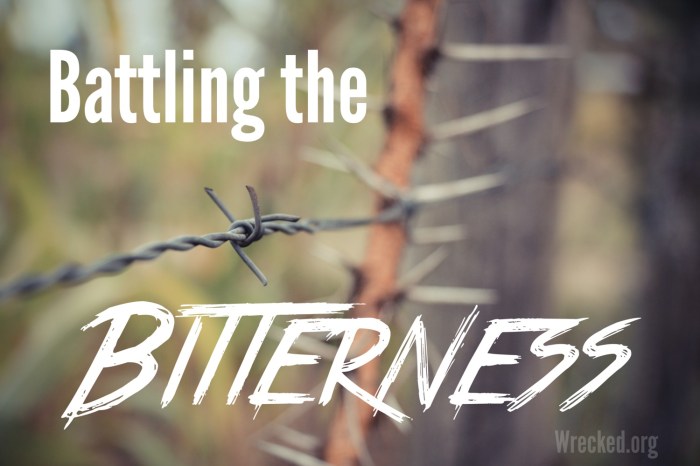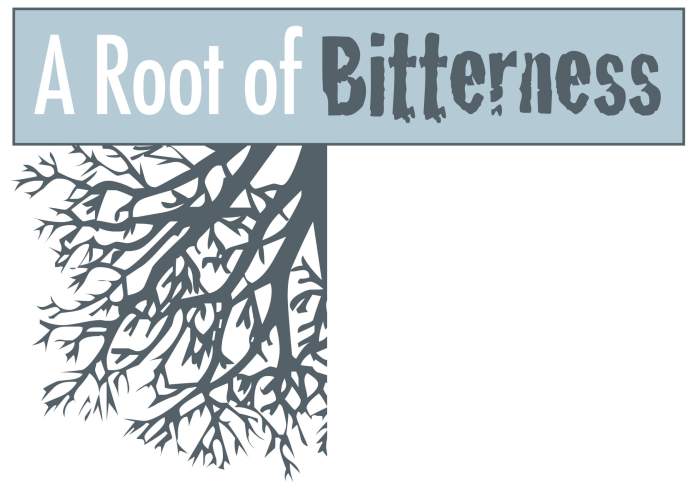Excessive resentment these days crossword has become a widespread phenomenon, leaving many individuals struggling with its negative consequences. This article delves into the complexities of excessive resentment, exploring its causes, effects, and effective coping mechanisms. By understanding the nature of resentment and its impact on our well-being, we can empower ourselves to overcome its hold and cultivate healthier relationships and personal growth.
Excessive Resentment: Causes and Effects

Excessive resentment, a persistent feeling of anger and bitterness towards someone or something, can have significant psychological and emotional consequences. It can stem from various reasons, including unmet expectations, perceived injustices, or past grievances.
Holding on to resentment can lead to negative emotions such as anger, bitterness, and hostility. It can also damage relationships, as it creates distance and mistrust. Furthermore, excessive resentment can have detrimental effects on personal well-being, contributing to stress, anxiety, and depression.
Coping with Excessive Resentment, Excessive resentment these days crossword
Managing and overcoming excessive resentment requires effective strategies. Forgiveness is crucial, as it involves letting go of anger and bitterness, and accepting the past without condoning the wrongdoings.
Healthy communication is also essential. Expressing feelings of resentment in a respectful and non-confrontational manner can help resolve issues and prevent further damage to relationships.
Cultural and Societal Influences on Resentment
Cultural norms and societal pressures can contribute to excessive resentment. For instance, in cultures that emphasize honor and respect, individuals may feel resentful if they perceive their status or reputation to be threatened.
Social media and technology can also foster resentment by creating a platform for individuals to vent their frustrations and compare themselves to others, leading to feelings of inadequacy and bitterness.
Historical Perspectives on Resentment
Excessive resentment has played a significant role in historical events and social movements. Historical examples include the American Revolution, where resentment towards British rule fueled the desire for independence.
Past grievances can shape present-day attitudes and behaviors, contributing to ongoing conflicts and tensions between individuals and groups.
Clarifying Questions: Excessive Resentment These Days Crossword
What are the common causes of excessive resentment?
Excessive resentment can stem from a variety of factors, including unresolved conflicts, unmet expectations, perceived injustices, and feelings of inadequacy.
How does excessive resentment affect our physical and mental health?
Resentment can lead to stress, anxiety, depression, and even physical ailments such as headaches and digestive problems.
What are effective strategies for managing excessive resentment?
Effective coping mechanisms include practicing forgiveness, communicating feelings in a healthy way, seeking professional help, and engaging in self-care activities.


